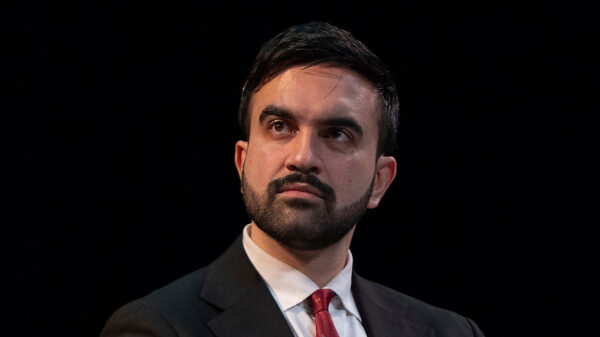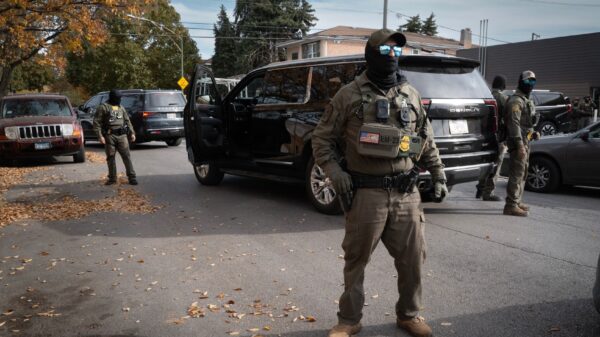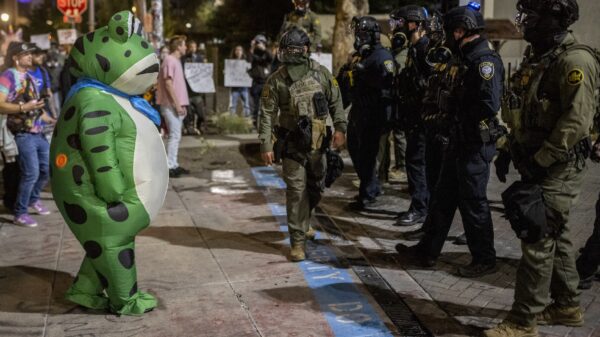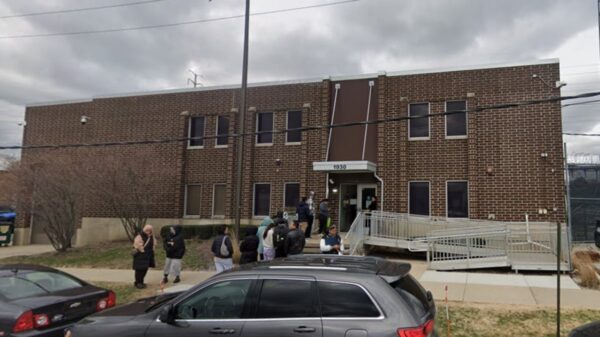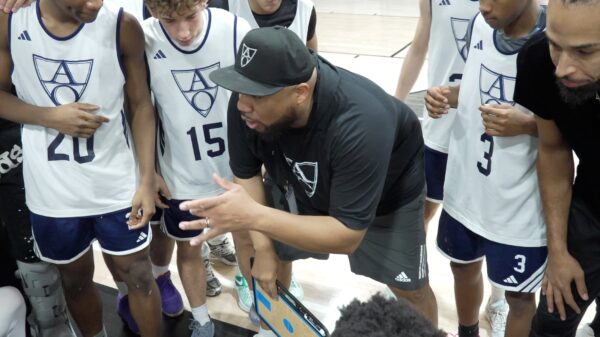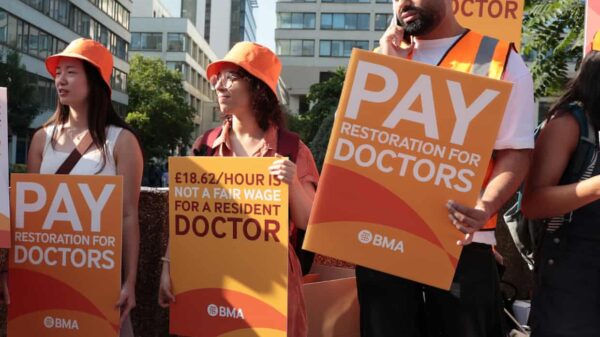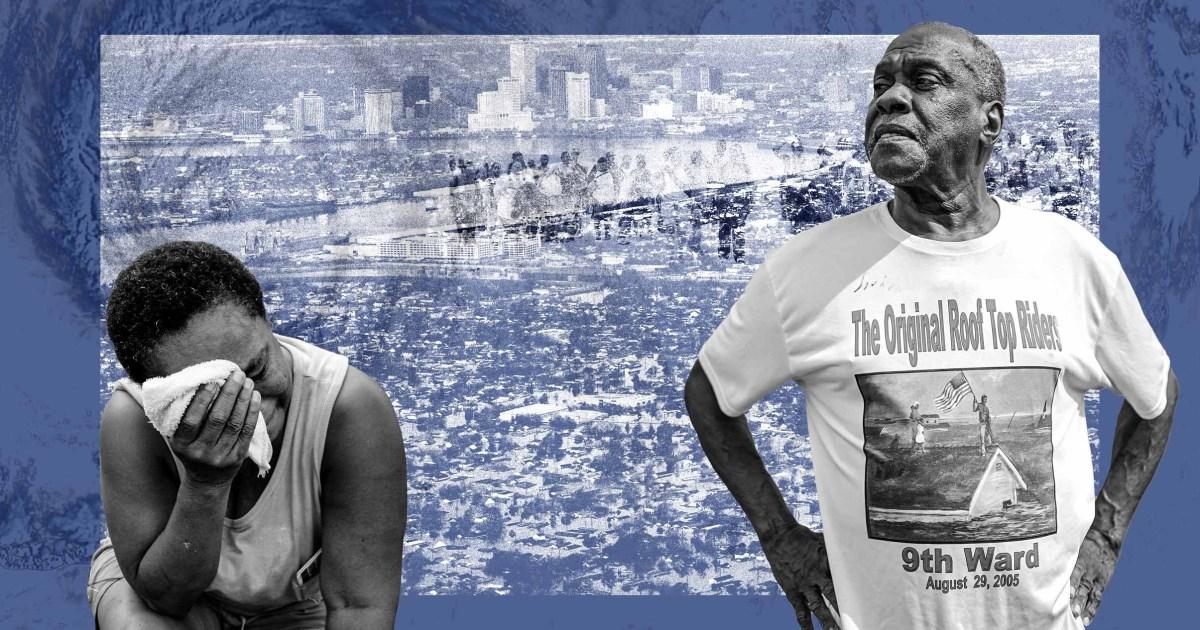UPDATE: As the 20th anniversary of Hurricane Katrina approaches, survivors in New Orleans are speaking out about the enduring impact of the disaster and the misconceptions surrounding it. On August 29, 2005, the city faced catastrophic flooding when levees failed, leading to the loss of over 1,800 lives and causing $92 billion in damages.
Survivors recall the harrowing moments when the concrete levees cracked, unleashing floodwaters into communities. “I thought everyone was dead,” said Lucrece Phillips, a resident of the 8th ward, who narrowly escaped through an attic window. Many others were not as fortunate, with some clinging to rooftops and trees as the waters rose.
The narrative surrounding Katrina has been heavily criticized for misrepresenting the circumstances faced by residents. “The news coverage portrayed people as looters when, in fact, they were just trying to survive,” stated Lynette Boutte, another New Orleans native. “If the tables were turned, the story would be different.”
Media images captured desperate scenes: a mother feeding her newborn outside the Superdome and the body of a young man floating beneath an overpass. However, headlines focused on alleged looting, overshadowing the survival instinct of a community in crisis. Tracy Curry, director of “Hurricane Katrina: Race Against Time,” condemned the portrayal of residents as “animalistic,” arguing that it was a small fraction of the reality.
Context: Two decades later, many neighborhoods still bear the scars of the disaster. Schools have closed, and families have been displaced as property prices soar. “The average house, which previously sold for $25,000-$50,000, is now selling for upwards of $400,000,” Lynette explained. Developers have moved in, further alienating the original residents.
Engineering failures of the levees, rather than the storm’s strength, were primarily responsible for the devastation. The federally constructed systems failed, leading to widespread flooding. In the aftermath, aid was delayed due to unfounded fears of looting, leaving many without basic necessities for days.
As survivors reflect on their experiences, they express a mix of pride and sorrow. “We have our music. We have our food,” Lynette said, highlighting the resilience of New Orleans culture. However, she and Lucrece worry that similar disasters, like recent flooding in North Carolina from Hurricane Helene, signal a lack of learned lessons in disaster management nationwide.
“We need to learn that people’s lives matter,” Lucrece asserted, emphasizing the importance of compassion in leadership during crises. Lynette echoed this sentiment, stating, “Mother Nature doesn’t care where you are. Poor infrastructure leads to devastation no matter where you live.”
In the face of these challenges, the spirit of New Orleans endures. Lynette continues to operate her family-owned salon and offers music lessons to local children, fostering a connection to their cultural roots. “As long as we continue to teach our heritage, we’ll be all right,” she affirmed.
As the anniversary approaches, the stories of survival and the fight for truth remind us of the enduring impact of Hurricane Katrina. Survivors like Lucrece and Lynette call for acknowledgment and justice, ensuring that the lessons of the past are not forgotten.
This is a developing story. Stay tuned for updates.







